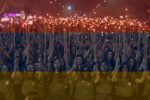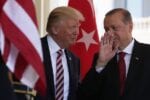Extended Middle East and Northern Africa News Composition Briefing: Regional Low Intensity Conflicts, January 23rd to January 29th – Current as of January 30, 2018. This week’s report covers Egypt, Turkey, Saudi Arabia, Bahrain, Iraq and Iran.
| For information about the ongoing widespread anti-austerity protests in Tunisia, please read Lima Charlie News wire piece on the matter here.
Suggested reading:
Lebanese Intelligence agency accused of having carried out cyber espionage on allies and foes alike.
Turkey’s ongoing offensive against Kurdish enclaves in the border area, primarily Afrin.
Egypt
Egyptian security forces continued their nationwide operations against safe houses and individuals believed to be affiliated with the Islamic State. At least one individual believed to be affiliated with the Islamic State was killed by government forces in the past week, with a further two having been detained.
Security forces continue their operations against the Muslim Brotherhood (MB), and associated organizations, throughout the country. In the past week several raids have been conducted against believed safe houses and individuals with alleged MB affiliations. According to reports, the raids resulted in at least one individual killed, and a further eight individuals detained.
Security operations continue along the Egyptian-Libyan border area with the Egyptian Air Force striking Salafist-Jihadist group convoys crossing from Libya to Egypt. The border land, on the Libyan side, has become a haven for emerging new militia groups, including the al Qaeda-linked group Ansar al-Islam.
-January 23rd; Cairo, Egypt
Former military chief of staff General Sami Anan has halted his presidential campaign. The announcement to halt the campaign came a few hours after the General had been accused by the Egyptian military of “presenting [his] candidacy without the explicit permission of the military”. A statement released by the central command states that the government intends to take “necessary legal action” against General Anan.
Sami was considered the main opposition candidate to President Abdel Fattah El-Sisi in the 2018 presidential election. Sami announced his candidacy on January 11th, and was set to run on the Arabism Egypt Party platform. An election commission said on January 11th that Egypt would hold the vote on March 26-28, with a run-off on April 24-26. All candidates must be registered between January 20 and 29.
-January 27th; Cairo, Egypt
Hisham Geneina, the high profile lawyer of General Sami Anan, was attacked by individuals unknown. Local security agencies describe the attack as an attempted kidnapping gone wrong. Three armed individuals blocked Geneina’s car as he was leaving his home, located in the 5th Settlement suburb of eastern Cairo. Geneina was forced out of his vehicle, and attacked. Neighbors and passerby’s saw the attack, and intervened. Responding police transferred Geneina to military prison, where he is presently being held. Geneina was a prominent member of General Sami’s presidential campaign, and known for his anti-corruption campaign.
-January 28th; Cairo, Egypt
Mousa Mostafa Mousa, the leader of the Ghad party, announced that he would stand during the national presidential election. Mousa’s announcement comes 24 hours before the registration deadline. While Mousa promises to mount a “full strength” campaign, few believe that the Ghad party entering the presidential election is anything but window dressing for a election with a foregone conclusion. In the 2014 election Mousa was a stern supporter of the current president, Abdel Fattah al-Sisi.
Turkey
Security forces have continued their nationwide crackdown on safe houses and individuals believed to be affiliated with the Islamic State. Several raids were carried out this past week, resulting in at least twelve individuals believed to have Islamic State affiliations having been detained, the majority of which have been described as foreigners.
The Turkish military incursion into Kurdish controlled enclaves in Syria, which began on January 19th, is still ongoing. Turkey and its backed militia groups face fierce resistance from members of various battle hardened Kurdish militias, not least of which is the People’s Protection Units (YPG).
The YPG claims to have repelled a number of Turkish-backed offensives against Kurdish lines. A counter offensive by the YPG was undertaken on January 23rd, which reportedly resulted in the retaking of Qorne, located northwest of Azaz. Qorne had reportedly been captured by Turkish and Turkish-backed forces a few days earlier. The Turkish-backed militia force in turn reports that it has successfully carried out an offensive on Umar Usagi and Hemame, in the western part of the Afrin Canton, which resulted in them securing the majority of terrain in those areas. Between January 25th and January 27th, the Turkish operation appeared to have stalled with no noticeable terrain changing hands.
Turkey has claimed that “at least” 260 YPG fighters have been killed during the operation so far. As both sides are only haphazardly reporting their casualty numbers, and then always low numbers, it is at present difficult to grasp the casualty rates. However, eyewitnesses reports state that both sides are suffering heavy casualty rates.
Kingdom of Saudi Arabia (KSA)
The Shi’a al Houthi militia in Yemen continues to send ballistic missiles aimed at population centers in Saudi Arabia. The majority of incoming missiles are reportedly shot down by the Saudi surface-to-air system (SAM), operated by the Royal Saudi Air Defense forces, which consists primarily of a series of US provided MIM-104 Patriot systems. The al Houthi tend to utilize variations of Soviet-era designed ballistic missile systems. One such example is the Qaher-1 missile, which is an improved variation of the Soviet SA-2 short to medium range ballistic missile design. There were no casualties reported this week in relations to al Houthi missile strikes.
Cross-border activities between Saudi and Yemeni militia groups continue to be an ongoing concern. The so called “no mans land” that makes up the border between the two countries is riddled with landmines from past conflicts, which often cause collateral for patrolling border units. The positions of the landmines are largely unknown even by the organizations that placed them, as the movement of the sand often displaces the mines. Al Houthi forces often use the area to launch rocket attacks against Saudi targets.
The Saudi Ministry of Health (MoH) has stated that it had detected one new cases of the Middle East Respiratory Syndrome Coronavirus (MERS-CoV) between January 21st and January 24th.
Bahrain
Shia government opposition groups continue to call for nationwide protests, but have so far failed to reach a critical mass with the majority of resulting public gatherings containing less than fifteen people. Security forces made minor arrests relating to Shia opposition groups. The government is however reporting that a noteworthy increase of Shi’a militia and government opposition violence occurred throughout 2017. This trend is expected to continue throughout 2018.
Various Shi’a affiliated militia movements continue to claim to have carried out various attacks against Bahraini security forces and installations. Few of these attacks ever receive an official confirmation from the Bahrain government. This week a handful of alleged attacks were claimed to have been carried out by a wide array of groups, including the Iran/Hezbollah affiliated Popular Resistance Brigades (Saraya al-Muqawama al-Shabiya) group.
Bahrain is quickly finding itself on the forefront of the increasingly active low intensity conflict between the Kingdom of Saudi Arabia and the Republic of Iran. Several incidents, particularly a recent surge in Improvised Explosive Device (IED) attacks, in the past few months have been attributed to Shi’a militia organizations that allegedly have direct or indirect ties to Iran.
Iraq
-January 25th; Davos, Switzerland
Prime Minister Haider al-Abadi called on help foreign investors to help rebuild Iraq after defeating the Islamic State. The Iraqi state has estimated it will need up to $100 billion to fix crumbling infrastructure and war-torn cities. “It’s a huge amount of money. We know we cannot provide it through our own budget,” Abadi told the World Economic Forum in Davos, Switzerland. Prime Ministers al-Abadi’s statement comes as part of the laying of the groundwork for the coming major donors conference in Kuwait next month, which will be held together with the World Bank.
Iran
-January 27th; undisclosed location in the southwestern Fars Province
Three soldiers from Iran’s Islamic Revolutionary Guards Corps (IRGC) were killed and sixteen Islamic State (IS) militants captured during operations in the southwestern Fars Province. According to a statement by General Mohammad Pakpour, head of the IRGC land forces, “several” IS members were also killed during the operation.
LIMA CHARLIE, MENA Desk
Lima Charlie provides global news, insight & analysis by military veterans and service members Worldwide.
For up-to-date MENA news, please follow us on twitter at @LimaCharlieMENA and John Sjoholm @JohnSjoholmLC
In case you missed it:


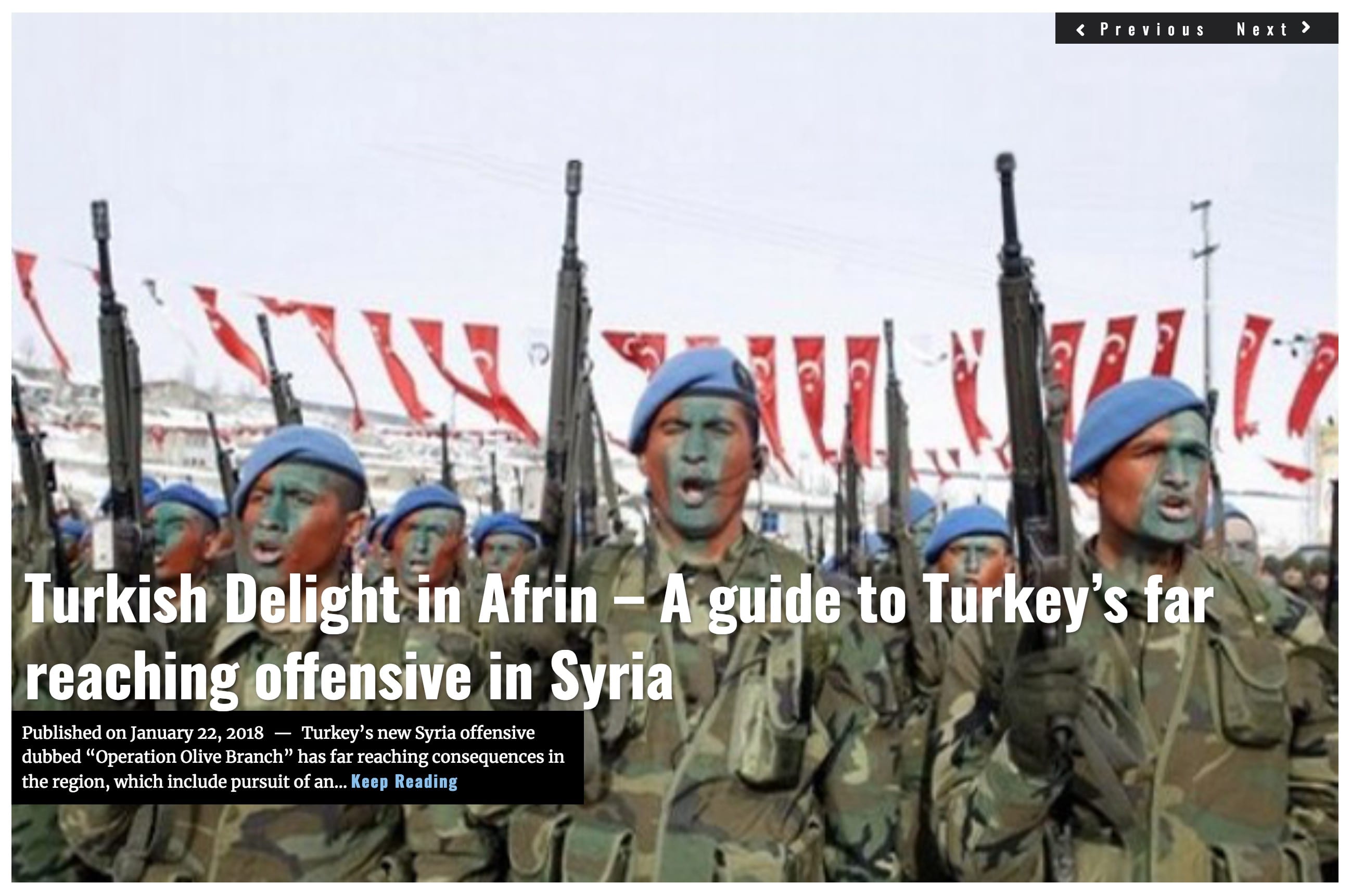
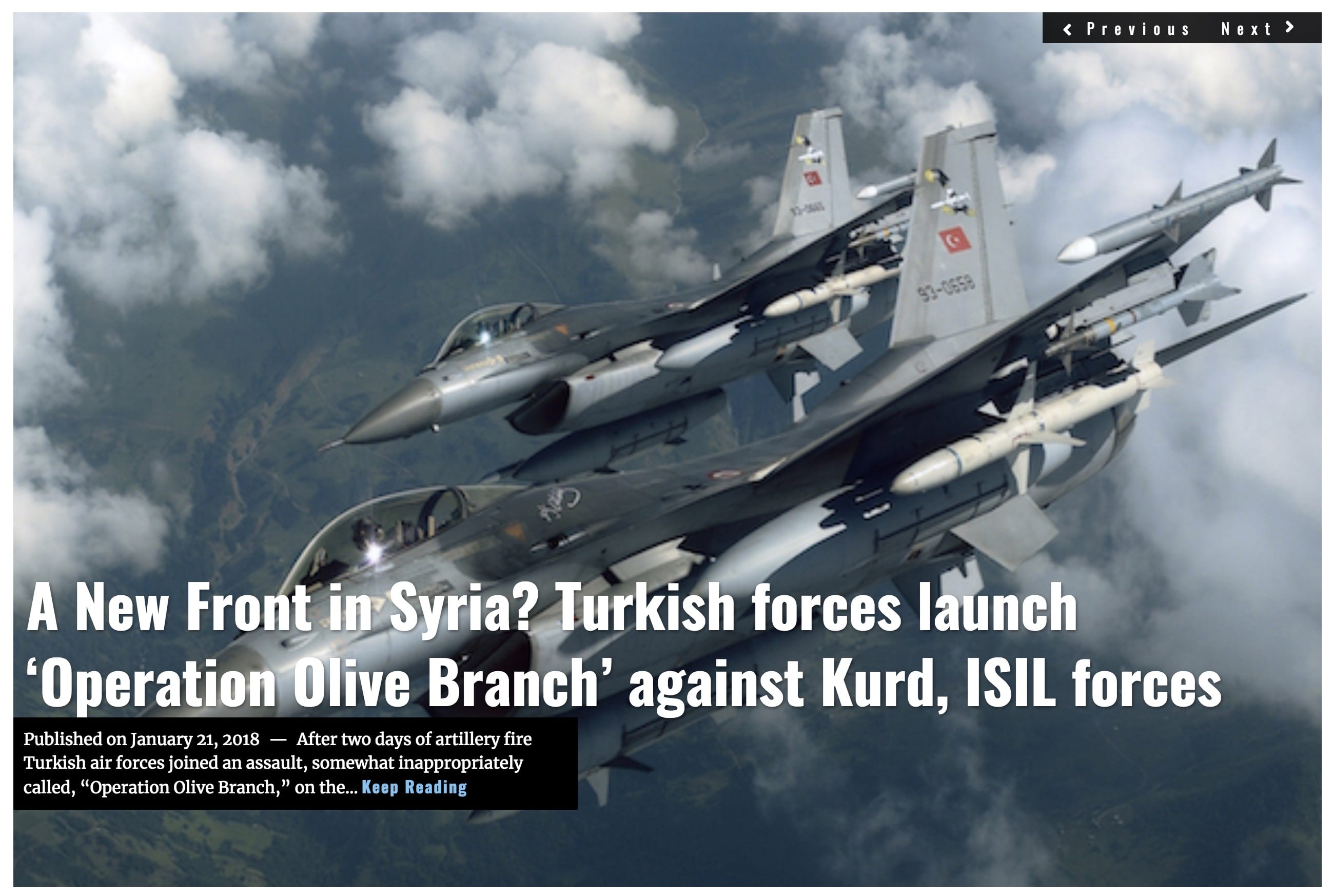
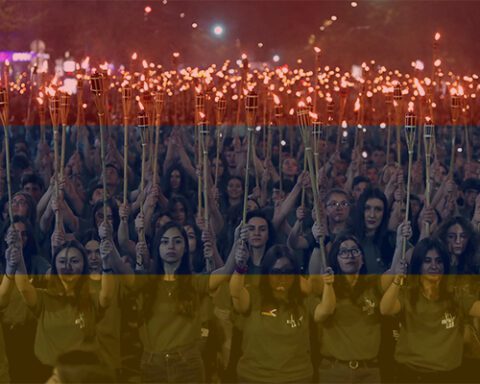


![Africa’s Elections | In Malawi, food, land, corruption dominate [Lima Charlie News]](https://limacharlienews.com/wp-content/uploads/2019/06/Malawi-election-Food-land-corruption-480x384.jpg)
![Image The Rwandan Jewel - Peacekeepers, Conflict Minerals and Lots of Foreign Aid [Lima Charlie World]](https://limacharlienews.com/wp-content/uploads/2019/03/Rwanda-Jewel-480x384.jpg)
![Image [Women's Day Warriors - Africa's queens, rebels and freedom fighters][Lima Charlie News]](https://limacharlienews.com/wp-content/uploads/2019/03/Womens-Day-Warriors-Lima-Charlie-News-480x384.jpg)
![Image Zimbabwe’s Election - Is there a path ahead? [Lima Charlie News]](https://limacharlienews.com/wp-content/uploads/2018/09/Zimbabwe’s-Election-Is-there-a-path-ahead-Lima-Charlie-News-480x384.png)
![[Silver lining for China in Zimbabwe’s violent elections][Lima Charlie News]](https://limacharlienews.com/wp-content/uploads/2018/08/Screen-Shot-2018-08-02-at-12.51.35-PM-480x384.png)
